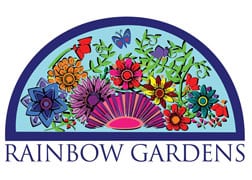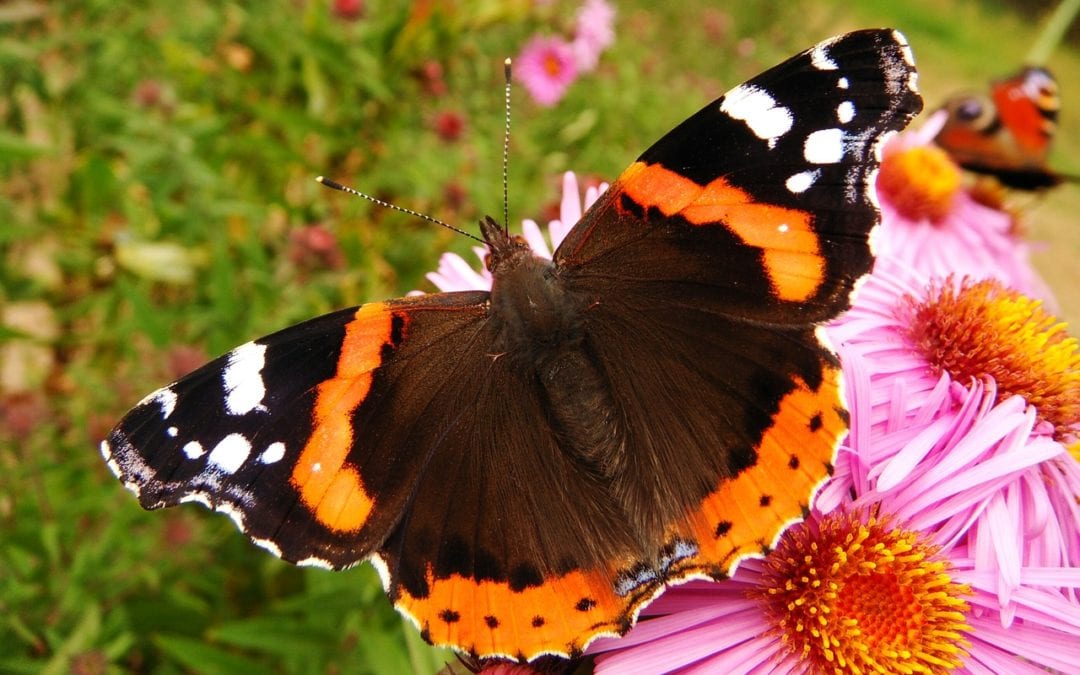Find yourself with some extra gardening time during this period of quarantine? Hopefully you are already busy tackling the monthly gardening tips we sent out last week in the e-newsletter (sign up here if you don’t receive it yet). But if you are looking for some extra tips that will help you out in your gardening endeavors in a huge way, we’ve got them right here today.
1. Research and learn about your plants. This request is simple, but powerful. Whether you currently have flowers, trees, and shrubs, or are looking to plant some additions, the BEST thing you can do is to learn about the plants already in, or soon to be in, your landscape.
If you learn the characteristics and needs of individual plants your landscape, your plants will no longer be a mystery and your landscape will improve in a multitude of ways.


- Learn how much water, fertilizer, and sun exposure each plant needs.
- No more planting the wrong sized plant in the wrong location because you’ll have already done your research.
- You can research when to prune, how much to prune, and techniques for pruning.
- Find out which plants do the best in our climate.
- Wouldn’t it be great to know when to look forward to the next set of blooms on your plants and what to do to encourage more of them?
- Find out how many days it takes until you’ll be able to harvest that butternut squash or watermelon.
- Take notes to reference throughout the year.
The amount you can learn is practically endless when it comes to gardening; and the more you know, the more successful you will be. Research our plant finder tool on our website to learn about plants, read over our Happy Gardener blogs for some great tips, and visit the Texas Agrilife Extension website and many others for a wealth of knowledge on plants for our region.
2. Truly observe your plants and landscape. The next BEST way to be successful in your gardening endeavors is by paying attention to your plants. Rarely does a problem just show up overnight (except maybe caterpillars eating vegetables to a nub). Most problems develop over time and exhibit signs all along the way. Early detection is KEY to preventing and controlling pest and disease issues, as well as knowing when a plant is in distress for another reason.
- Inspect your plants ALL over. Don’t give them any personal space. Lift up leaves, peer into the soil, spread open flowers if needed to see if there is a problem starting. Take pictures of insects you find on your plants, and remember, not all insects are pests. There are many beneficial insects that are doing a great service in your garden.
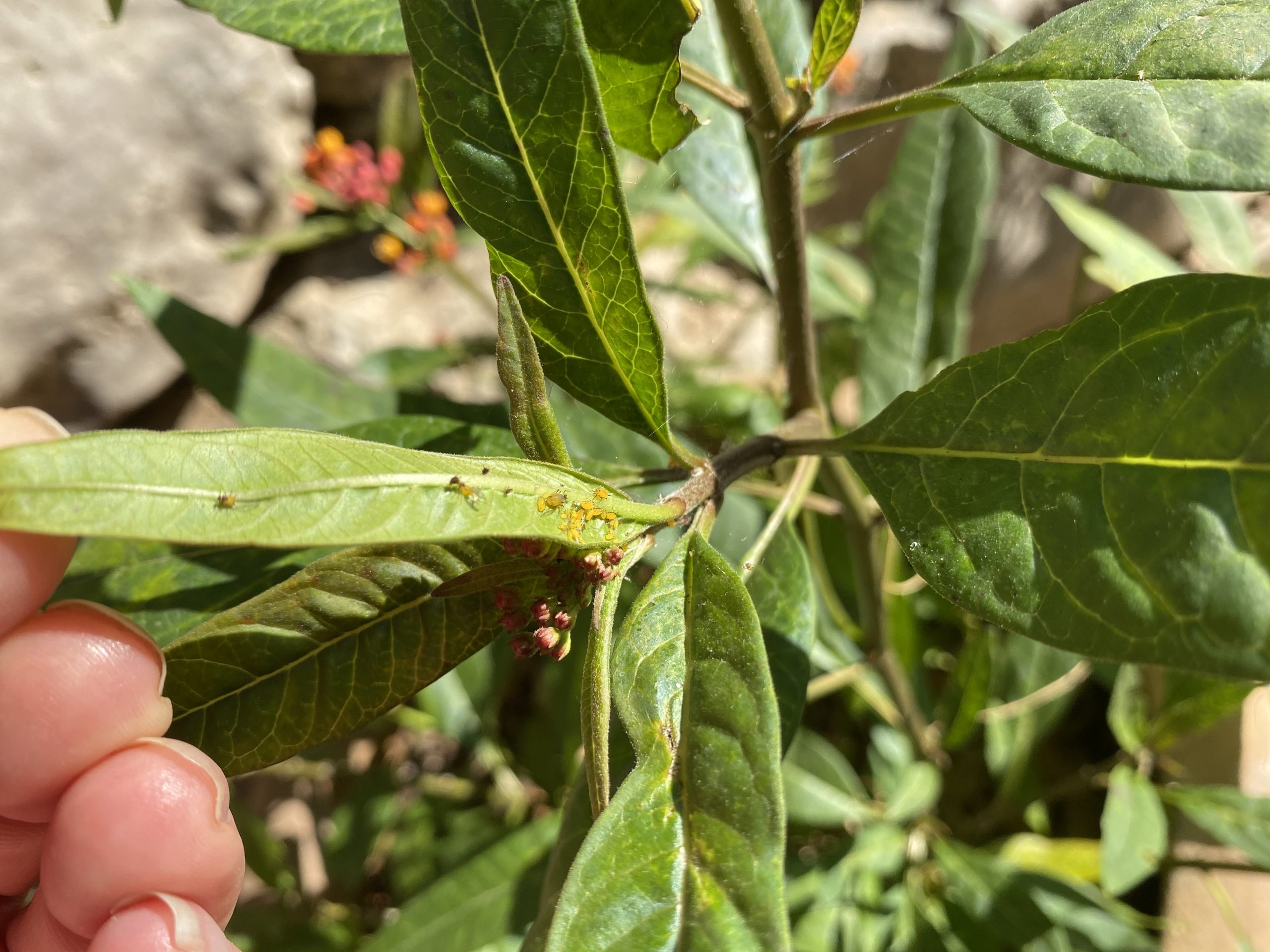

Aphids found hiding under milkweed leaves.
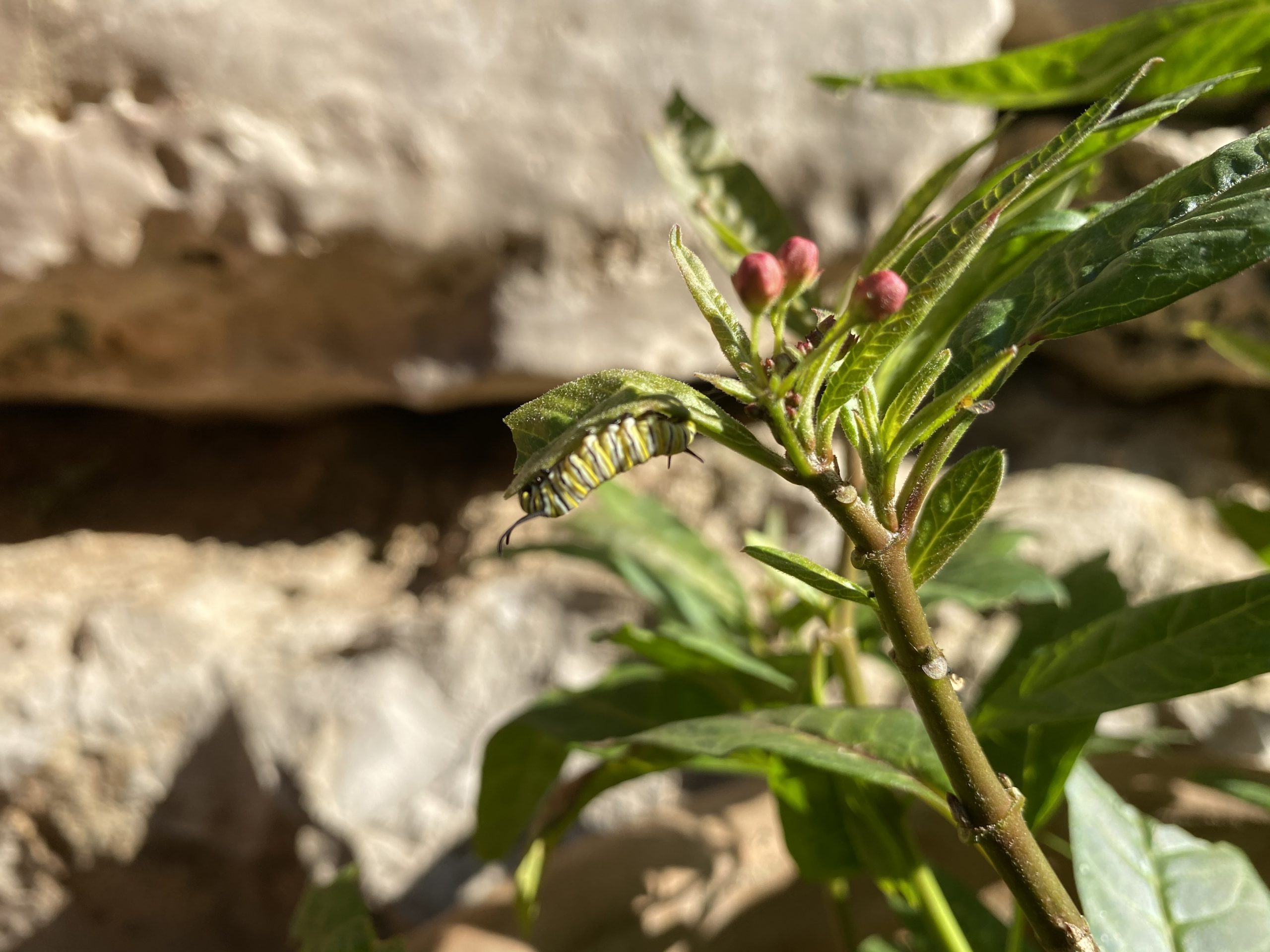

Monarch caterpillar hiding under leaves of the same plant the aphids are on. NO SPRAYING!
- Take time to discern if a plant has given you constant grief over the years. Is it a plant that you continue to struggle to keep alive? Is it worth the struggle? Are all the needs of the plant really being met? Maybe you inherited the plant and you can now realize you just don’t care much for it. It might be time to pull it out and replace it with something else. Offer the plant to another gardener if available or recycle it to the compost bin. Don’t feel bad, it’s better to focus your energy on something you love.
Observation doesn’t mean just looking for problems. Take this time to enjoy your gardens and landscape. Get back to remembering why you planted these selections in the first place.
- Inhale the fragrance of flowers; embrace the earthy scent of fresh soil.
- Delight in noticing the bees, butterflies, and hummingbirds visiting your blooms. Notice which plants they are attracted to most.
- Lie back on the lawn feeling the cool green turf of spring and look for shapes in the clouds.
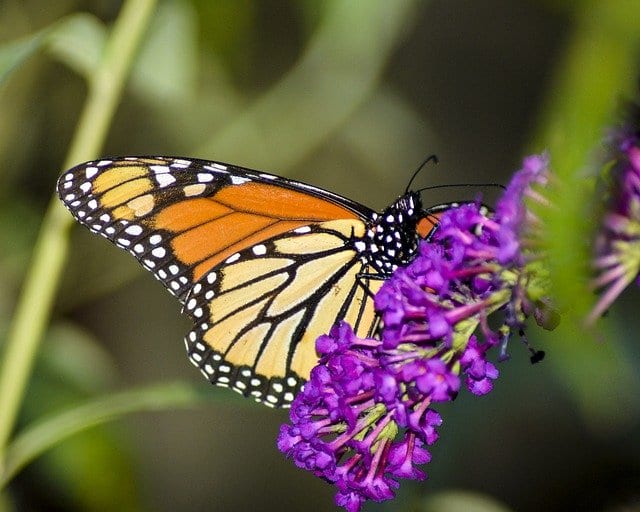

Observation while gardneing doesn’t have to be an all day thing, but we have a few more minutes these days to take some time and let nature restore our soul like only nature can do. Gardening is full of pleasurable moments that we all to often are too rushed to enjoy.
Peace, safety, health, and good vibes to you!
~The Happy Gardener, Lisa Mulroy
